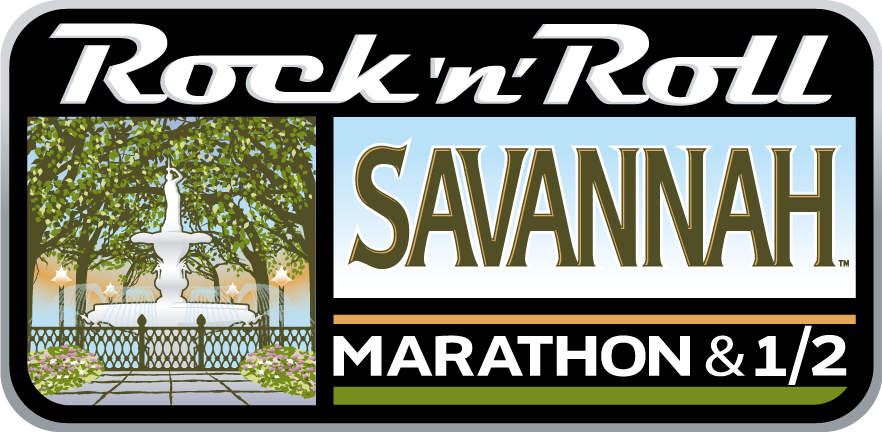
Things I am thankful for today:
1. that the bag of rock hard brown sugar was only half full so it only raised an egg-sized lump and bruise when it fell on my foot from the top shelf in the pantry. (Nevermind that a friend of a friend is convinced I broke the stupid foot again.)
2. that Ocean Spray makes tasty cranberry sauce in a can so I don't have to make that in addition to everything else. (And they decorate it with those nice ridges too--so thoughtful.)
3. that I remembered to take the giblets and neck out of the turkey before I stuffed it. (And that it thawed in enough time to go in the oven this morning before I left to run the Turkey Trot.)
4. that I managed to (slowly) run the entire 5 miles of the Turkey Trot and still have control over my legs lo these many hours later.
5. that the kitchen shears that went missing long ago have somehow miraculously reappeared. (Yes, Virginia. There is a Santa Claus. Oh wait... that's the next holiday.)
6. that some side dishes can survive being served at room temperature. (I'd ask for chafing dishes for Christmas but where the heck would I store them?)
7. that turkey contains tryptophan and therefore offers the perfect excuse for mid-afternoon napping.
8. that this year's yeast rolls were not like last year's inadvertent hockey pucks.
9. that no one argued with me about the timing of the meal based on their team's game time. (Going postal on Thanksgiving is not pretty.)
10. that all dishes and counters have been cleaned and the meal portion of the holiday is over for another year even if I did have to do it all myself. (The price of not listening to grumbling about the meal timing seems to be complete solitude in the kitchen after the meal while the rest of the family is glued to some dull as dirt football game.)
Happy Thanksgiving to all of you and don't forget to count your many blessings today and every day.












